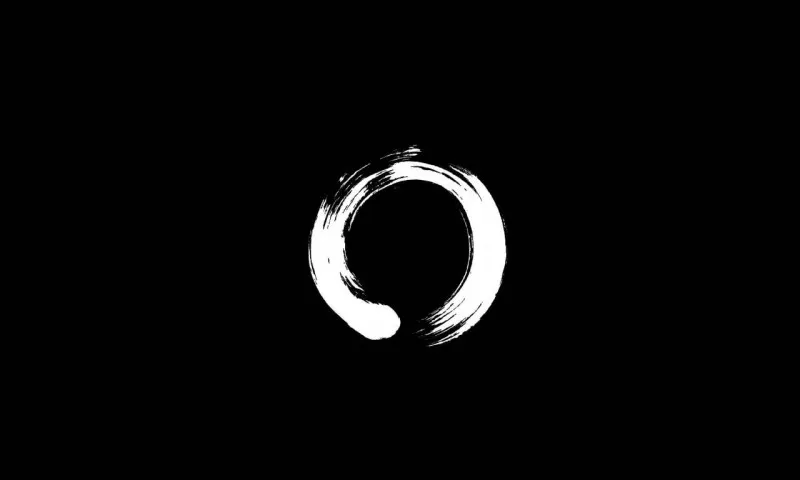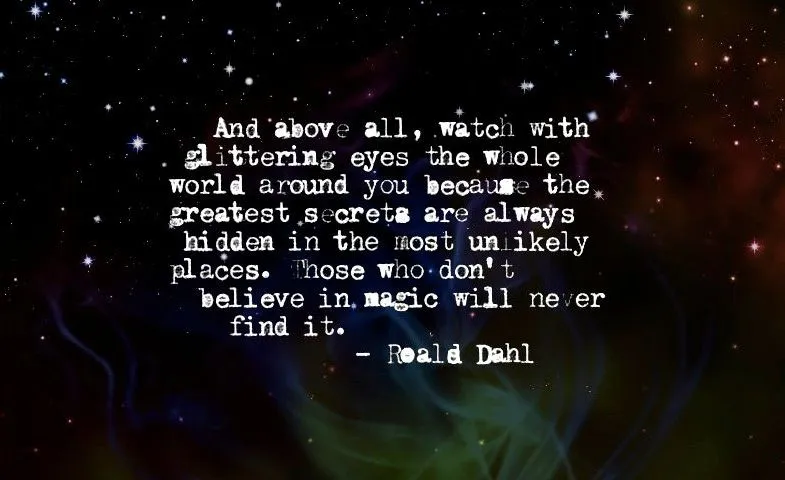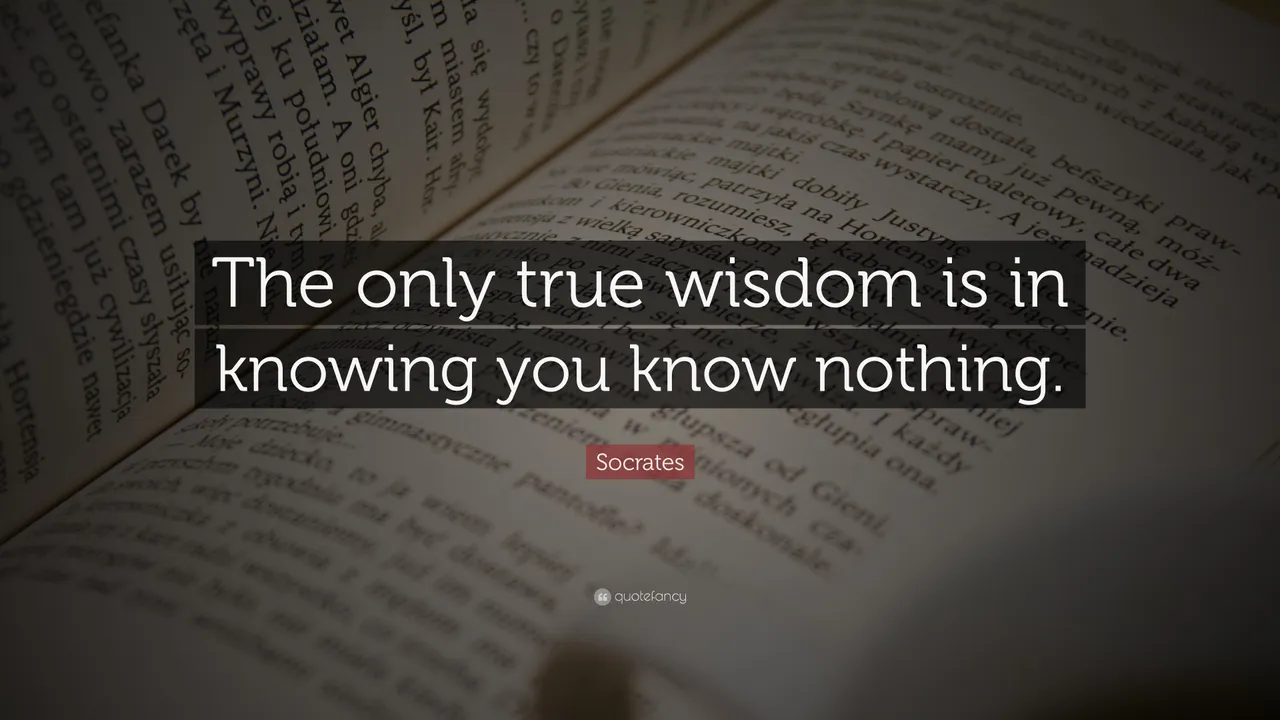
Introduction:
For most of my life I have had an unquenchable thirst for an ever deepening understanding of truth... whatever that is! Over the years of searching a few concepts have emerged as ideas worth holding onto, at least for a while. As you make your way through this series, keep in mind that all of these ideas are in continuous use in my life specifically because they give me practical benefits. This isn't philosophy for the sake of making ourselves feel special because we understand complex philosophical things. It's pragmatic. If it's not useful then it isn't worth anything.
What I intend in this series is to write an overview of the key concepts that form an interconnected system of philosophy I refer to as The Tao of Paradox, but before we get to why it's called that, we first need to lay the foundation that all of these philosophical 'beliefs' are built on. As the title of this installment suggests: after all these years there is only found one single philosophical precept that I can be sure of, and it's the foundation stone that everything else is built on.
The Only Thing I Know For Sure Is That I Don't Know Anything For Sure.
As a kid you hear of people claiming to have seen ghosts. You hear of people believing in aliens. On the other hand you also learn Santa and the Easter Bunny aren't real, so you start to wonder what else you're hearing that might not be true.
The inner skeptic is born.
When I was around 12, I clearly remember pondering the question:
'If all these people believe all of these different things (like the paranormal, psychic ability, religion, spirituality, agnosticism, atheism)... what do I believe?'
I didn't know what I believed, but unlike many who just followed along with whatever the culture around them was programming them with, I made a clear decision to remain open to possibility. In my case, my culture was strongly telling me not to believe in ghosts, aliens or the paranormal - but I refused to disbeleive. I also refused to believe.
In essence I even became skeptical about my skepticism.
Something inside me told me that if things like, for example, 'magic' existed then making the choice to not believe might somehow block these things from making contact with me and becoming part of my reality.

I don't ever recall hearing, until adulthood, Roald Dahl's idea 'Those who don't believe in magic will never find it', but somehow, as a kid, I found my self on a similar track. Similar, but not the same. Roald Dahl's version - although he doesn't say it outright - seems to imply that in order to find magic one needs to first believe in it - and this is an idea that which has never sat well with me. Religions inticing me with promises of 'if you first believe, then you will see, but probably not until you die' have never been as appealing as offers of techniques that allow me to first experience and then believe.
So in answer to my original question 'what do I believe?', I simply decided to refrain from believing or disbelieving, instead remaining open to possibility and wait for further evidence around all kinds of things. I must have been 15 when I went through a stage of being a bit obsessed with Bruce Lee, which was my first encounter with someone who considered them self a philosopher, (Lee studied philosophy in San Francisco). His book 'The Art of Jeet Kune Do' contained an idea sometimes attributed to the Buddhist monk Sent-ts’an, from around c. 700 C.E.
“If you want the truth to stand clear before you, never be for or against. The struggle between ‘for’ and ‘against’ is the mind’s worst disease.”
It was later in life that I discovered that Socrates perhaps said it best when he states (in various ways)"The thing I know for sure is that I know nothing".

The idea that the only thing I know for sure is that I don't know anything for sure has stuck with me throughout my life and served me well. To me, it promotes a certain humility in that nothing I 'believe' is set in stone and there is always an openness to new ideas and an openness to the possibility that I may be wrong.
I now have a final definitive answer to my original question. The only thing I know for sure is that I don't know anything for sure. This is my one and only Belief. All that follows could be considered 'beliefs' with a small b; tentative beliefs, ready to be dropped at a moment's notice.